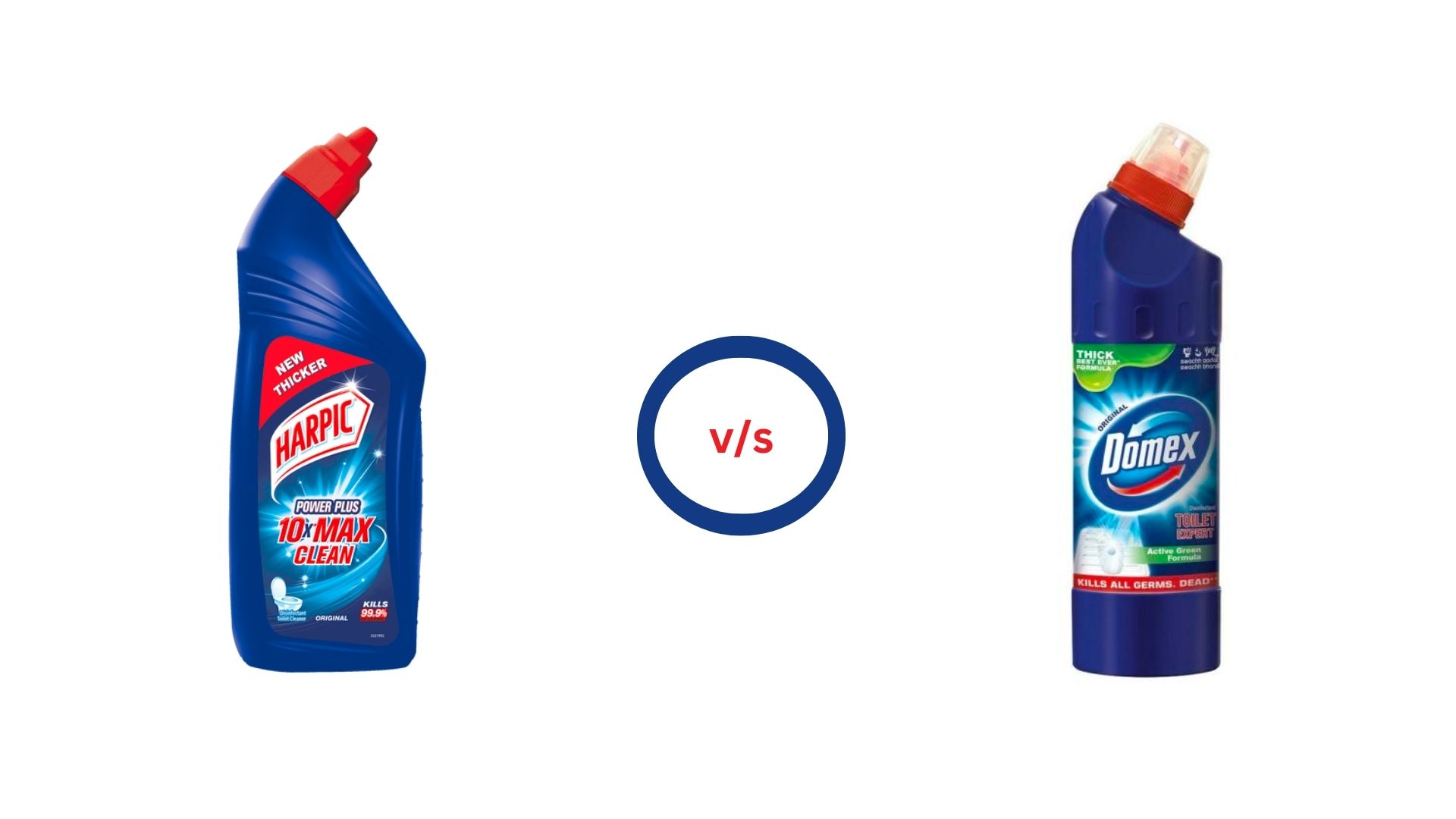Supreme Court rules that the incidence of onus of proof under Section 22C of the Minimum Wages Act, 1948 is with the Prosecution and not the accused.
In the case of Dayle De’souza vs. Government of India through Deputy Chief Labour Commissioner and Anr., the Supreme Court observed that the prosecution would first have to demonstrate that the accused was, in fact, in-charge of or responsible to the Company, before the burden of proof shifts to the accused to prove that such an offence was committed without their knowledge.
The court was hearing an appeal filed by the Manager and head of M/s Writer Safeguard Private Limited against the criminal complaint filed by the Central Labour Enforcement Officer under Section 22A of the Act.
Section 22C (1) of the Act reads: “If the person committing any offence under this Act is a company, every person who at the time the offence was committed, was incharge of, and was responsible to, the company for the conduct of the business of the company as well as the company shall be deemed to be guilty of the offence and shall be liable to be proceeded against and punished accordingly. Provided that nothing contained in this sub-section shall render any such person liable to any punishment provided in this Act if he proves that the offence was committed without his knowledge or that he exercised all due diligence to prevent the commission of such offence.”
Section 22C (2) of the Act reads: “Notwithstanding anything contained in sub-section (1), where any offence under this Act has been committed by a company and it is proved that the offence has been committed with the consent or connivance of, or is attributable to any neglect on the part of, any director, manager, secretary or other officer of the company, such director, manager, secretary or other officer of the company shall also be deemed to be guilty of that offence and shall be liable to be proceeded against and punished accordingly.”
The Supreme Court hence observed that the burden of proof cast upon the accused, by the exception enshrined in the proviso to Section 22C of the Act, would arise only upon the satisfaction of burden of proof by the prosecution, in the first place. As per Subsection (1) of Section 22C, persons who are in charge of and responsible to the Company may be proceeded against. Therefore, the prosecution must first prove that the persons being proceeded against were in charge of or managing the day to day affairs of the Company.
The Court also observed that under the Act persons cannot be prosecuted and punished merely because of their status or position as a director, manager, secretary or any other officer, unless the offence in question was committed with their consent or connivance or is attributable to any neglect on their part.



